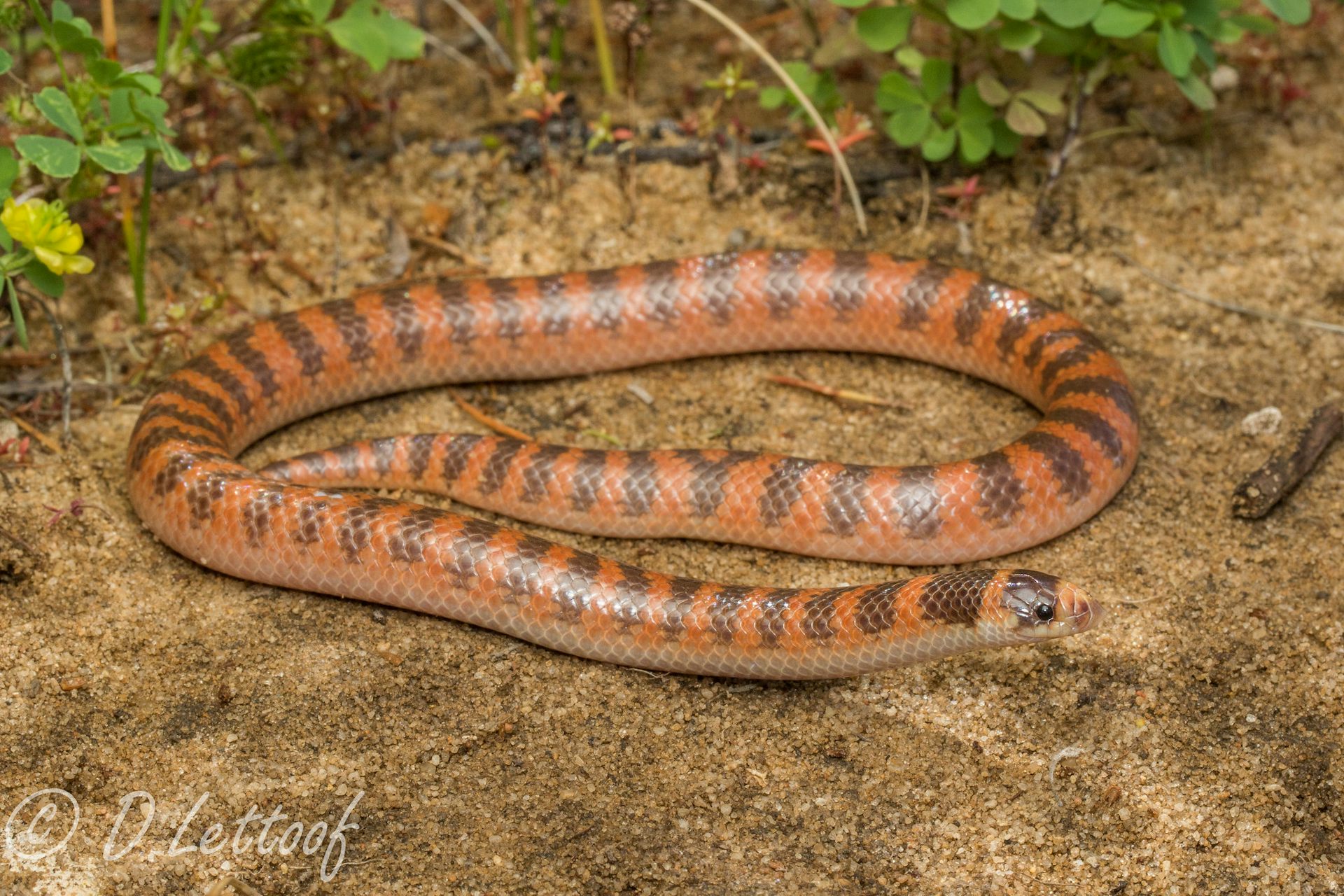Introduction
When it pertains to poisonous snakes, Australia is home to some of one of the most fascinating and dangerous species in the world. Among these, the Tiger Snake sticks out not just for its powerful poison yet likewise for its interesting actions. Comprehending the behavior of venomous serpents like the Tiger Snake is important for both wildlife enthusiasts and those residing in areas where these snakes are present. This write-up delves into numerous elements of Tiger Serpent habits, environment, recognition, precaution, and emergency treatment practices in instance of a serpent bite.
Understanding the Habits of Venomous Snakes Like the Tiger Snake
The Tiger Snake, clinically referred to as Notechis scutatus, is notorious for its aggressive nature when endangered. Swelling Reduction These serpents exhibit a variety of habits that can be rather different from their non-venomous equivalents.

Characteristics of Tiger Snakes
The Tiger Serpent is conveniently recognizable as a result of its unique bands or red stripes that appear like a tiger's markings. They can differ in shade from yellowish-brown to dark olive or black. This coloration serves not only as camouflage but likewise as a warning signal to potential predators.

Adaptability to Environment
One impressive aspect of their behavior is their flexibility to different environments. Discovered largely in seaside regions, marshes, and marshes throughout Australia and Tasmania, they can prosper in varied habitats consisting of city areas.
Hunting Techniques
Tiger Serpents are ambush killers mainly feeding on fish, frogs, and little creatures. They possess eager eyesight and an acute feeling of odor which helps them in situating target effectively.
Venom Composition
Their venom has neurotoxins that affect the nerve system, causing paralysis or fatality in smaller sized animals. For humans, immediate medical attention is critical after a tiger snake bite due to its possibly dangerous effects.
Natural Habitat of Tiger Snakes
Preferred Locations
Understanding where these snakes reside sheds light on their behavior patterns. The tiger serpent habitat includes:
- Coastal regions Swamps Grasslands Urban locations with plentiful water sources
Seasonal Movements
During warmer months, Tiger Snakes are more energetic as they indulge in sunlight or hunt for food. In contrast, colder months see them retreating right into hibernation sites.
Are Tiger Snakes Venomous?
Yes! The concern "are tiger snakes venomous?" typically develops amongst those not familiar with this types. Their poison is thought about among the most dangerous amongst all snake species worldwide.
Symptoms of a Tiger Snake Bite
If bitten by a tiger snake, symptoms might consist of:
- Localized pain Swelling at the bite site Nausea and vomiting Sweating and confusion
Immediate medical help is crucial as unattended bites can bring about serious health problems or even death.
First Aid for Snake Bites: Quick Feedback Guide
Knowing exactly how to administer first aid for a snake bite might conserve somebody's life. Right here's what you should do:
Step 1: Remain Calm
Keeping calm helps slow down heart price which reduces poison spread.
Step 2: Debilitate the Influenced Area
Keep the influenced limb still and below heart level if possible.
Step 3: Call Emergency Services
Always seek professional medical assistance immediately after a serpent bite.

First Aid for Serpent Bite Package Essentials
A well-equipped snake bite emergency treatment kit ought to consist of:
- A compression bandage Antiseptic wipes A pair of scissors A cold pack
Safety Precautions: Protecting against Serpent Bites in Australia
Awareness Programs
Educating areas regarding neighborhood snake types and their habits can substantially minimize experiences resulting in bites.
Avoiding Harmful Areas
Staying away from lengthy lawn during warmer months decreases contact with snakes that might be relaxing or hunting.
Common False impressions About Tiger Snakes
Many people think mistaken beliefs regarding the actions of tiger serpents bring about unneeded worry. Below are some information:
Myth 1: All Tigers Are Aggressive
Not all tiger serpents will certainly show aggressiveness if left undisturbed; many like taking off rather than confrontation.
Myth 2: They Chase Humans
Tiger serpents do not actively chase humans; they might strike when they really feel threatened however will typically retreat if given space.
Conservation Initiatives Associated with Venomous Snakes
Conservation initiatives concentrate on informing areas about protecting regional wildlife while lessening human-snake interactions.
Importance of Ecosystems
Understanding that venomous snakes play a vital duty in preserving environmental balance helps foster admiration instead of anxiety towards them.
FAQs Concerning Tiger Snakes
What must I do if I run into a tiger snake?- Maintain range and gradually back away without sudden movements.
- While attacks aren't incredibly usual as a result of awareness efforts, they still take place annually within Australia.
- Baby tiger snakes can deliver full dosages of poison in spite of being smaller; therefore care is suggested around them.
- They largely eat frogs, fish, small animals like rats, and various other reptiles.
- It's illegal in many jurisdictions without appropriate licensing as a result of safety and security problems regarding their venom.
- Wear tough boots and stay on marked trails; look prior to placing hands or feet into concealed areas like rocks or logs.
Conclusion
Understanding the habits of venomous serpents like the Tiger Snake not just improves our knowledge yet additionally promotes safety and security awareness amongst those living near their environments. From acknowledging their qualities, understanding emergency treatment procedures Mulga Snake (King Brown) complying with a bite, through engaging preservation efforts-- every aspect plays an essential function in cultivating conjunction with Behavior of venomous snakes these interesting reptiles while respecting their location within our ecosystem.
As we grow our understanding via education and learning and experience, we contribute favorably towards ensuring both human safety and security and wildlife preservation-- profiting all parties involved!